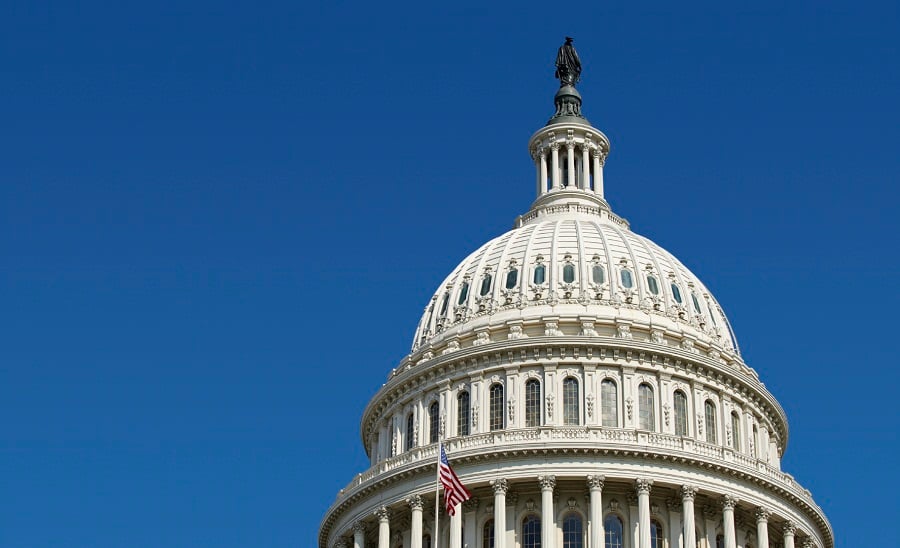Congressional and state politicians are poised to re-engineer the country's retirement system in ways that could have drastic effects on plan advisers and their clients by requiring employers to offer a workplace retirement plan or by instituting a financial transactions tax that would increase 401(k) costs.
"Retirement policy is getting more and more attention," Brian Graff, executive director of the National Association of Plan Advisors, said Sunday at the group's annual 401k Summit in Las Vegas.
American politics is becoming more progressive, said Mr. Graff, who pointed to proposals such as Medicare for All, the Green New Deal and wealth taxes being promoted by prominent congressional Democrats and politically influential newcomers, such as Rep. Alexandria Ocasio-Cortez, D-N.Y.
That leftward shift is beginning to touch retirement policy, Mr. Graff said, as evidenced by the
Wall Street Tax Act, proposed last month by a group of prominent Democrats in the House and Senate to target high-frequency traders. The bill would levy a tax of 10 basis points on every security bought or sold, and does not exempt transactions in defined-contribution or pension plans.
The proposal would increase fund expense ratios by 31%, according to the Investment Company Institute, a trade association for the mutual fund industry. Mr. Graff said this would add 20 basis points to the cost of an average target-date fund. A third of the roughly $770 billion the tax is estimated to generate over a decade would come from retirement plans, he said.
"Who does this impact? It's not the Wall Street fat cat. It's not the Wall Street high rollers. It's American workers," Mr. Graff said.
Rep. Richard Neal, D-Mass., chairman of the House Ways and Means Committee, also is pushing to close the 401(k) coverage gap by requiring employer with more than 10 employees to have a workplace savings plan. The proposal, if it were to become law, would add between $1 trillion and $2 trillion in new money to the retirement system over 10 years, Mr. Graff said.
While advisers may see such proposals as long shots, Mr. Graff said there's a good chance they pass in the Democratic-majority House, and could eventually become law depending on the outcome of the 2020 congressional and presidential elections.
In the meantime, states are moving forward with their own initiatives to close the coverage gap via automatic-enrollment, payroll-deduction IRA programs, or so-called auto-IRAs, which have been
legislated in six states and are being
considered by many others. Roughly 40%-50% of American workers haven't had access to a workplace retirement plan over the past few decades, which has become politically unsustainable, Mr. Graff said.
"It's why we're seeing so many states get involved in this," he said. "It's not just blue states. Almost all states are looking seriously. I mean, Montana wants to do this."
Further, a bipartisan bill —
the SECURE Act — would combat the coverage gap by making it easier for small businesses to band together and offer a retirement plan to workers via open multiple-employer plans. The bill, which incorporated provisions from previous bills such as the Retirement Enhancement and Savings Act and the Family Savings Act, was unanimously passed through the House Ways and Means Committee in early April and goes to the House floor for a vote by the full chamber.
"I feel like I've been talking about this this forever," Mr. Graff said of open MEPs. "It's really going to happen this year. Anyway, I think it is."







